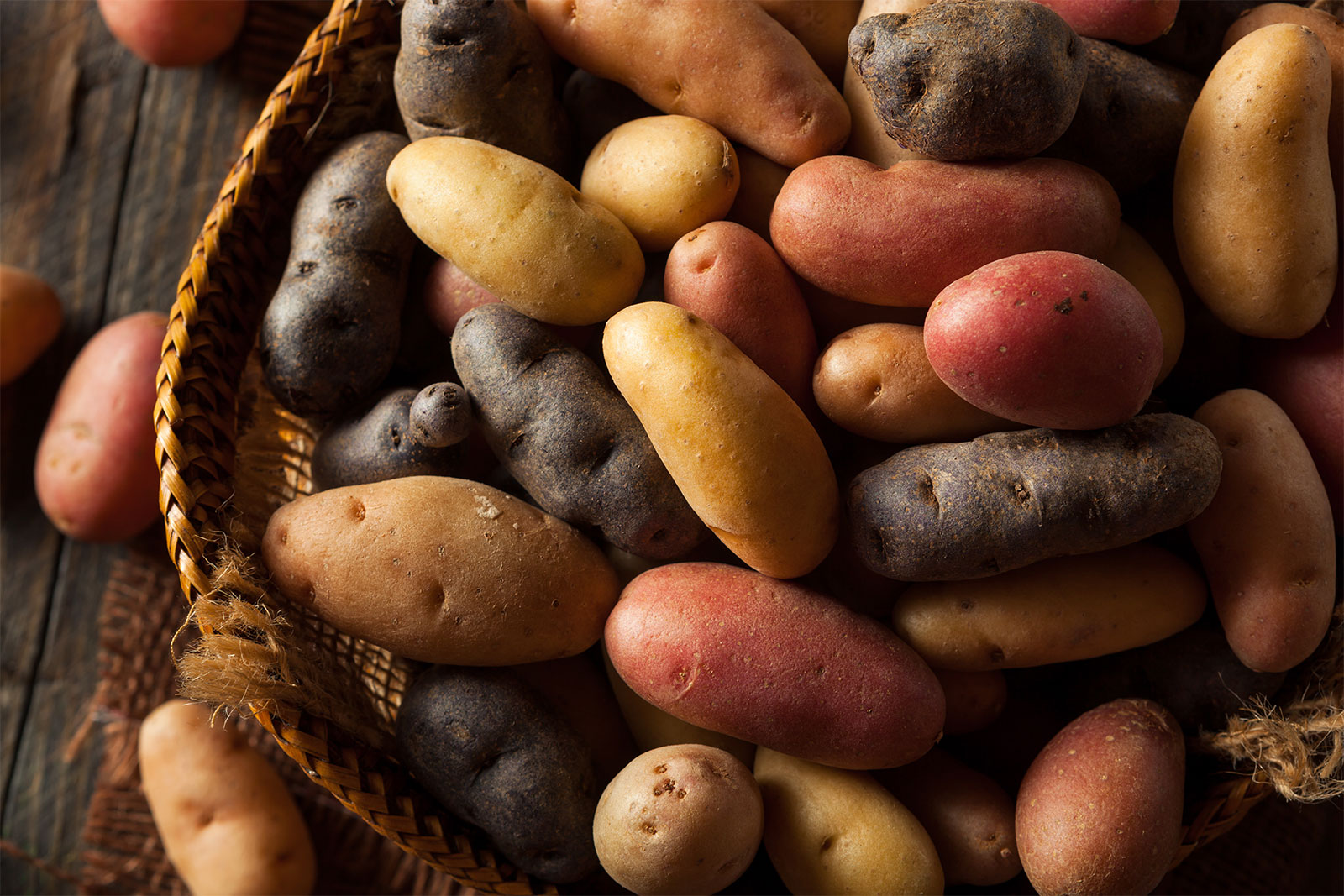Healthy food is in vogue for many years, but still, many people confuse the terms. In fact, and as a study commissioned by Unilever pointed out a few months ago, 64% of Spaniards believe that ecological, biological, and sustainable are very similar concepts when we talk about food, while two out of ten consider that their meaning is identical.
The study also pointed out that almost half of the population (41%) perceive organic food as more natural, while a third of those surveyed rate it as tastier and healthier, although 27% believe that its price is too high. An identical percentage believe that it is worth opening the portfolio more to acquire them. 58% of consumers associate eggs with organic sales, second only to fruits and vegetables.
Although the European Community legislation considers synonyms the adjectives ecological -commonly called “eco” -, biological – “bio” -, organic and sustainable, designating those products that have not been designed or treated under chemicals or pesticides, which have not received genetic manipulation and that respect natural cycles, benefiting the environment and local livestock and agricultural communities, the truth is that there are some small differences and nuances between these concepts.
Definition and differences between eco, bio, organic and sustainable products
It is important to note that the use of one of these terms is usually done to highlight a specific aspect of the product. The European regulation requires that products of this type can not exceed 5% of ingredients from genetically modified organisms (GMOs), justifying the percentage as the tolerable range that can control the products Consider the differences between these concepts related to responsible purchasing and the defense of the environment:
- Organic food: It covers those products that develop all their stages of growth and production respecting the cycles of nature and without artificial intervention. Therefore, they are those that are grown and processed without fertilizers, pesticides, or genetic preservatives, nor irradiation, nor genetic engineering. Natural fertilizers are used for its cultivation, natural conditions such as soil or climate are used, and in the case of livestock, breeding is respected in optimal conditions -sufficient space or grass in the open air-, without intervention such as hormones or antibiotics. Organic foods contain fewer pollutants and nutrients with pro-oxidant and pro-inflammatory actions and a higher quantity of nutrients with anti-inflammatory and antioxidant actions.
- Organic food: This term – so common in the food market, in which products with a bio prefix have been abundant for many years – names those foods that do not contain any component that has been genetically altered or received laboratory interventions to achieve the final result. In this way, these producers carry out a natural process of species selection, close their reproductive cycle and improve their genetic heritage and support the preservation of high levels of biodiversity.
- Organic Food: The “organic” label emphasizes that no chemical intervention has been made to develop the food and therefore no fertilizers or pesticides have been used in its production. It should be emphasized that not all organic foods are biological since they may not contain chemical substances but may have been genetically manipulated.
- Sustainable food: The term is broader and is linked both to the environment and to the local economy and commerce. The sustainable economy is a form of production that enhances the local economy in the medium and long term and respects the planet and the environment, based on ecologically and ethically responsible cultivation. While, for example, organic farming is synonymous with sustainable agriculture, organic products – without pesticides or chemicals – can be produced on factory farms that are not sustainable.




















